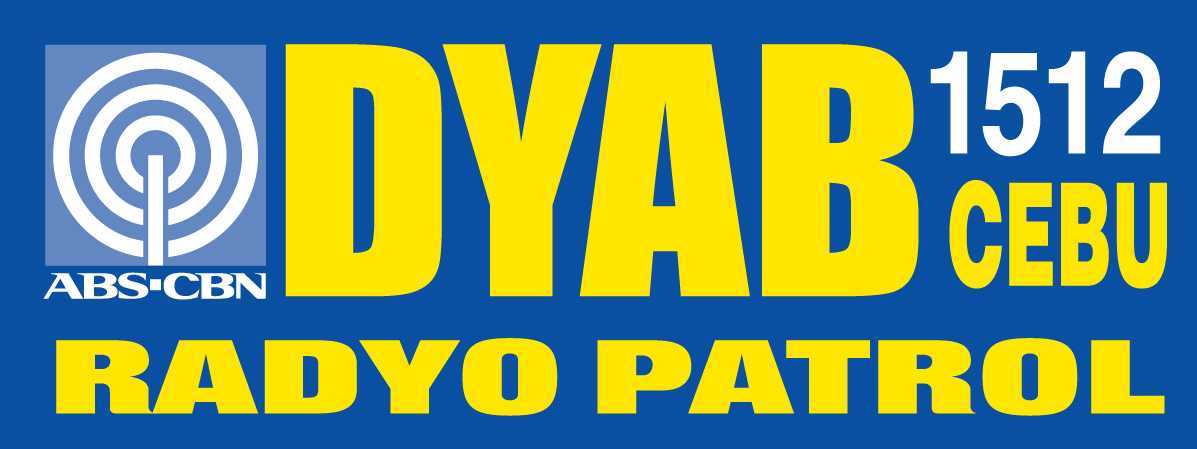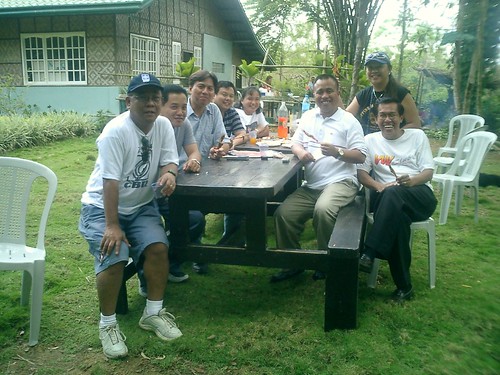Analysis : An empty victory
Amando Doronila
Inquirer News Service
THE LAST hope of the opposition to revive the impeachment action against President Gloria Macapagal-Arroyo, after the three impeachment complaints had been trashed in the House Representatives committee on justice, hangs on the slender thread of the ability of the opposition to muster the six critical votes to reach the 79 signatures required for the transmittal of the amended complaint to the Senate for an impeachment trial.
Impeachment proponents have until Monday to deliver the 79 signatures at the House plenary and breathe life back to the amended complaint, which was rejected by the justice committee last Wednesday.
On Monday, the committee will submit a report to the plenary on its decision last Wednesday that only the original complaint filed by lawyer Oliver Lozano on June 27 had complied with the legal requirement of impeachment proceedings. This ruling, in effect, excluded two other complaints-one filed by lawyer Jose Lopez on July 4, and the amended Lozano complaint filed on July 25.
The committee held that the two subsequent complaints breached the constitutional rule that only one impeachment proceeding may be initiated against an official within a year. After disqualifying the two complaints, the committee delivered the blow that killed the first Lozano complaint by voting that the complaint was "sufficient in form," meaning it was properly filed and endorsed, and then declaring it in a second vote to be "grossly" insufficient in substance.
These decisions virtually killed the impeachment action at the first stage of the process and demonstrated capacity of the administration to deploy its resources to mobilize its parliamentary majority to crush attempts to oust the President through the impeachment process.
The defeat did not slam the door completely on the impeachment move. If the opposition can secure the six critical votes by Monday, it can then ask the plenary to overturn the committee's decision, thereby allowing it to revive the amended complaint (its strongest card) and to push for its transmittal to the Senate, bypassing the committee on justice.
But there are two big ifs. The first is whether the opposition can secure the six additional signatures. The second is that it faces fierce resistance in the plenary where the pro-administration members are not expected to give up the advantages of numbers.
The strangling of the complaints in the administration-dominated House committee has given rise to accusations that the administration has undermined the impeachment process and was not allowing it to reach the stage of a Senate trial where the allegations that the President rigged the 2004 elections and committed other serious offenses could be proved or disproved in a proper forum through due process of law.
The virtual death of the complaints in the committee is not without dire political consequences to the President. The quashing of the complaints is an empty victory for the administration. It merely demonstrated that the administration has the capacity to deploy the advantages of incumbency to save the President from being unseated. Until the President stands trial where she can defend herself and where it can be shown that the accusations are false and do not constitute impeachable offenses, it would be hard for her to regain public confidence and reestablish the legitimacy of her government.
What is at stake in this impeachment action is the credibility of the impeachment process as a mode to remove officials accused of abuse in office. It would have been ideal if the complaint had been transmitted to the Senate, but part of the failure stems from the incompetence of the opposition.
To begin with, the complaints suffered from slipshod preparation. The first Lozano complaint was prepared in a hurry and appeared to have been filed to jump the gun on other impeachment plans. For another thing, the effort was unfocused and the opposition took a carpet-bombing approach that bunched up a wide range of every conceivable offense against the President. When the President's supporters scented the weaknesses of the complaint, they did not lose time in encouraging its hasty initiation, hoping that it would stew in its own fat.
This has given rise to the suspicion that the Lozano complaint was an administration-inspired stratagem to push a weak impeachment case. But this suspicion appears to be unwarranted, given Lozano's record for being trigger-happy in initiating impeachment action. As early as 2000, before the crisis broke out over the revelation of the tapes alleging presidential interference in the election process, Lozano had the distinction of filing an impeachment case against Ms Arroyo.
The second fatal error was that, after the opposition groups realized that they had a weak case in the Lozano complaint, they sought to remedy the mistake with the filing of the Lopez complaint and an amended complaint that sought to make up for the weaknesses of the original Lozano complaint. These two subsequent complaints were vulnerable to attacks on constitutional grounds that they violated the constitutional principle against the initiation of multiple impeachment proceedings within a year.
The impeachment proponents are now suffering the consequences of their incompetence. This incompetence led them into a trap of their own making. It would have been better if their preparation had been more competent. Then their chances of moving the complaints past the obstacles in the committee would have been better.
Since events can no longer be reversed, we can only hope that the opposition will get the six critical votes that will send the amended complaint to a Senate trial where the outcome is uncertain and unpredictable.







No comments:
Post a Comment